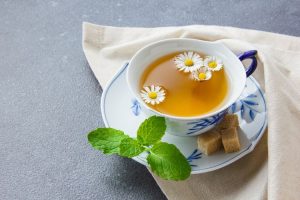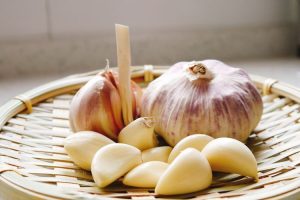Shrimp can be cooked with vegetables such as spinach, bok choy and shiitake mushrooms to make a delicious stir fry. This time, stir-fried vegetable shrimp…
Chamomile tea is known for its benefits for sound sleep and offers a variety of other health benefits. Not only for sleeping soundly, chamomile is…
If food is consumed in excess it will have negative effects on the body. Like consuming too much garlic can cause various diseases. A study…



